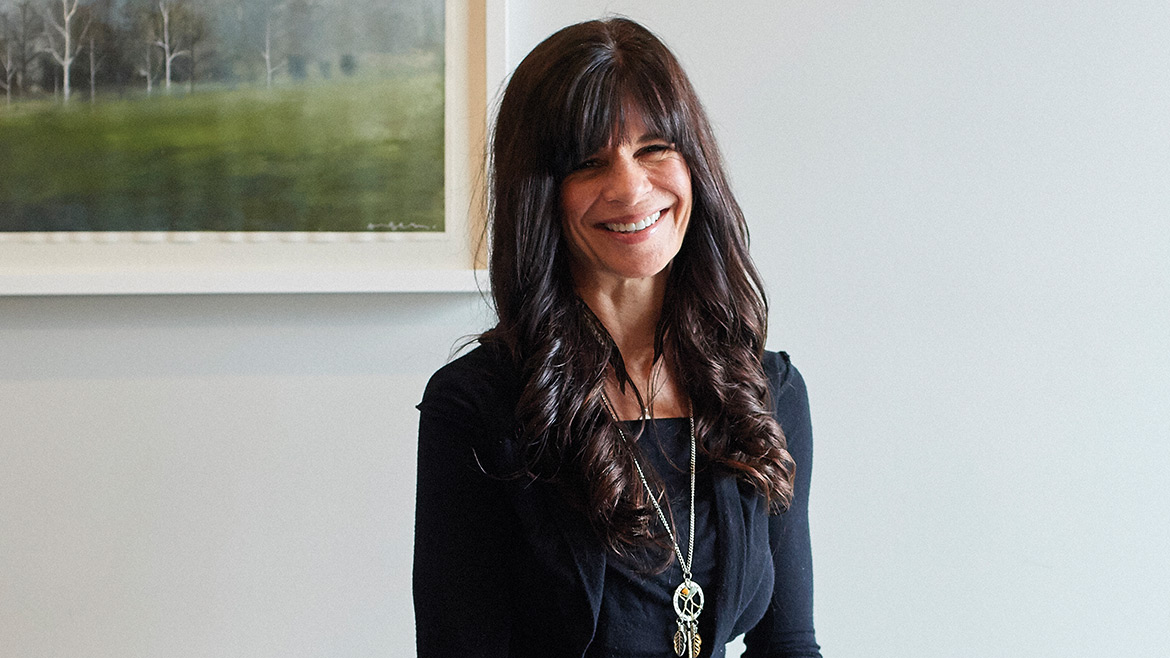
“The key to healing is returning to a calm state,” says reiki master practitioner Jill Allen. “When the body is in a truly relaxed state, it’s given the opportunity to rest, restore, and open itself to healing.”
Reiki is a hands-on Japanese system of energy medicine that supports healing of the body, mind, and spirit. The practitioner lays his or her hands upon (or just above) the patient and holds stillness and space, a simple technique often resulting in an overall sense of well-being.
“Reiki is a deep source of nourishment that works on a subtle yet profound level,” Allen says. “It releases blockages that steal our precious life force. It opens the channels to regenerate, renew, and restore this flow of energy, naturally helping the body’s own innate ability to rediscover wellness.”
Allen was led to reiki through her own journey in healing trauma, injury, PTSD, and anxiety. Her 10 years of guiding others in nutrition, yoga, and ayurveda (a traditional Indian healing method) also gave her support, but she discovered that reiki amplified her practice in these other fields.
“Receiving reiki was a game changer,” says Allen. “It provided me with restoration and healing on profound new levels.”
Allen began her Reiki training in 2010, receiving her level one training (there are three training levels) from Dr. Matthew Cowan, a naturopathic doctor in Columbia. She continued her training through 2016, receiving reiki master certification through the Whole Life Center in Kansas City.
“Reiki is an integrated approach,” says Allen, “meaning it treats the person as a whole, compared to Western medicine, which treats the individual body systems and symptoms.”
Reiki is rarely covered by insurance. And, due to the subtlety of the technique, patients are sometimes left uncertain, wondering if it’s working or how it’s working.
“While receiving regular treatments of reiki can leave you feeling better, it can take time for the deeper healing and restoration to occur, depending upon the individual,” says Allen. “Patience and trust is needed, which can be difficult in our culture of instant relief and gratification. There is a high expectation of ‘I need or want to see this condition fixed now.’”
Reiki is a unique treatment in that it requires no medications or extra tools and produces no side effects. Reiki patients report improvement of sleep, digestion, focus, mood, and memory, as well as reduced anxiety, pain, stress, and depression.
“In reiki, the experience is everything,” says Allen. “You understand the power of it during treatment. I have found that most often when people come for a reiki treatment, they feel a ‘shift.’ It’s usually a relaxed state, and here’s where the healing happens with continued treatments. Confidence builds as they see and feel the layers of healing occurring.”
The practice is also gaining popularity in hospitals, cancer centers, and other medical facilities across the country. It’s even used in sports medicine and in the treatment of animals.
“Quite honestly, reiki fits in everywhere,” says Allen. “Just like traditional Chinese medicine, acupuncture, and massage are now being implemented as supportive medical therapy. I believe the Midwest will soon be embracing more of reiki’s energy medicine.” She offers Reiki practice at Regeneration Salon and Spa and Serenity Therapeutic.


